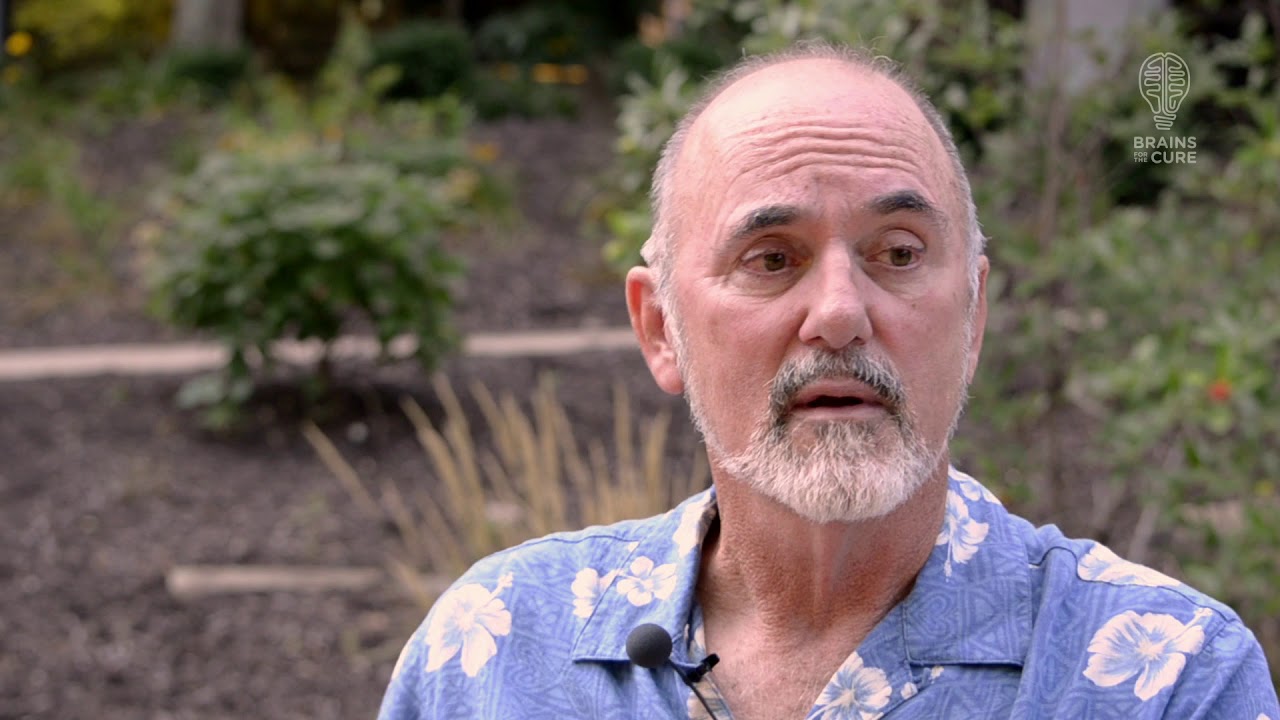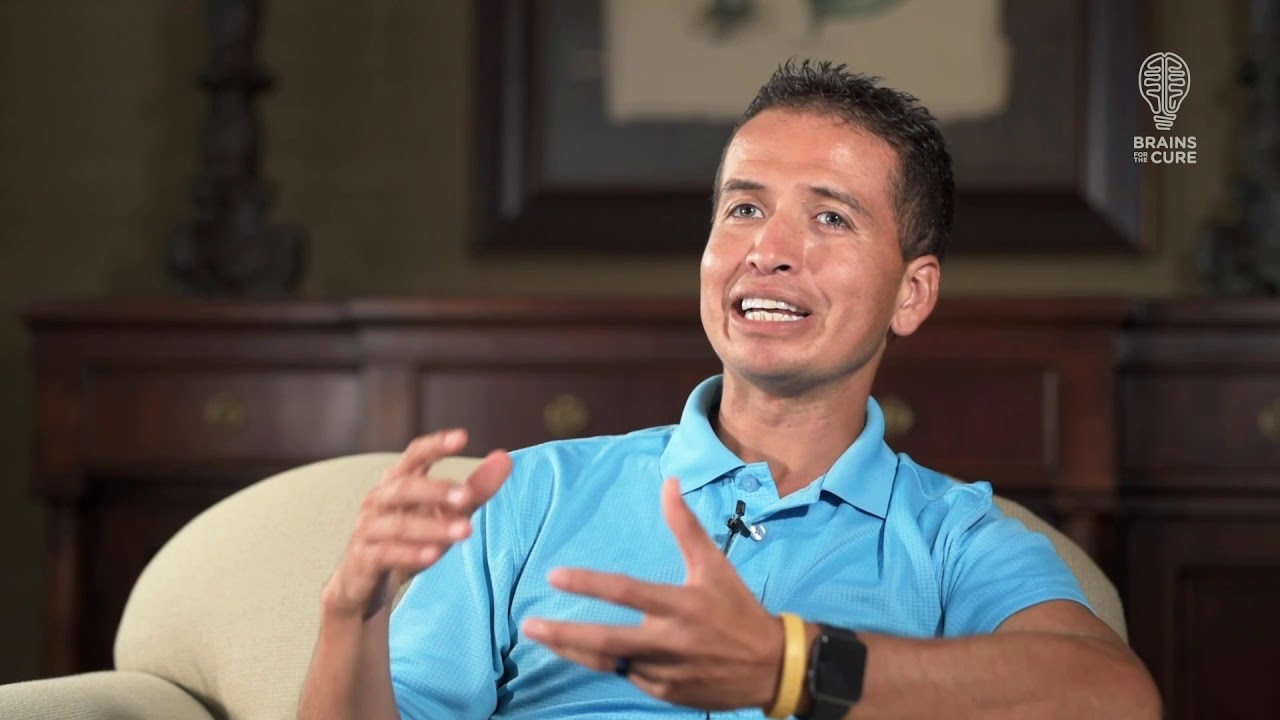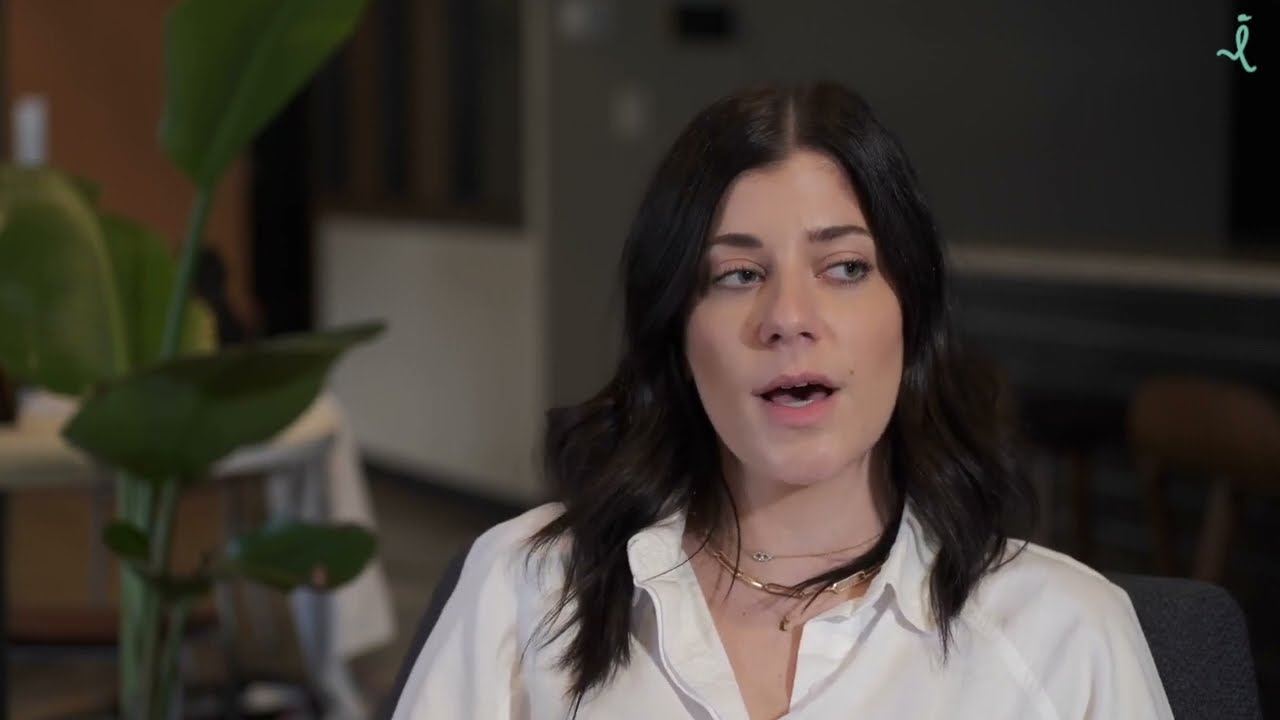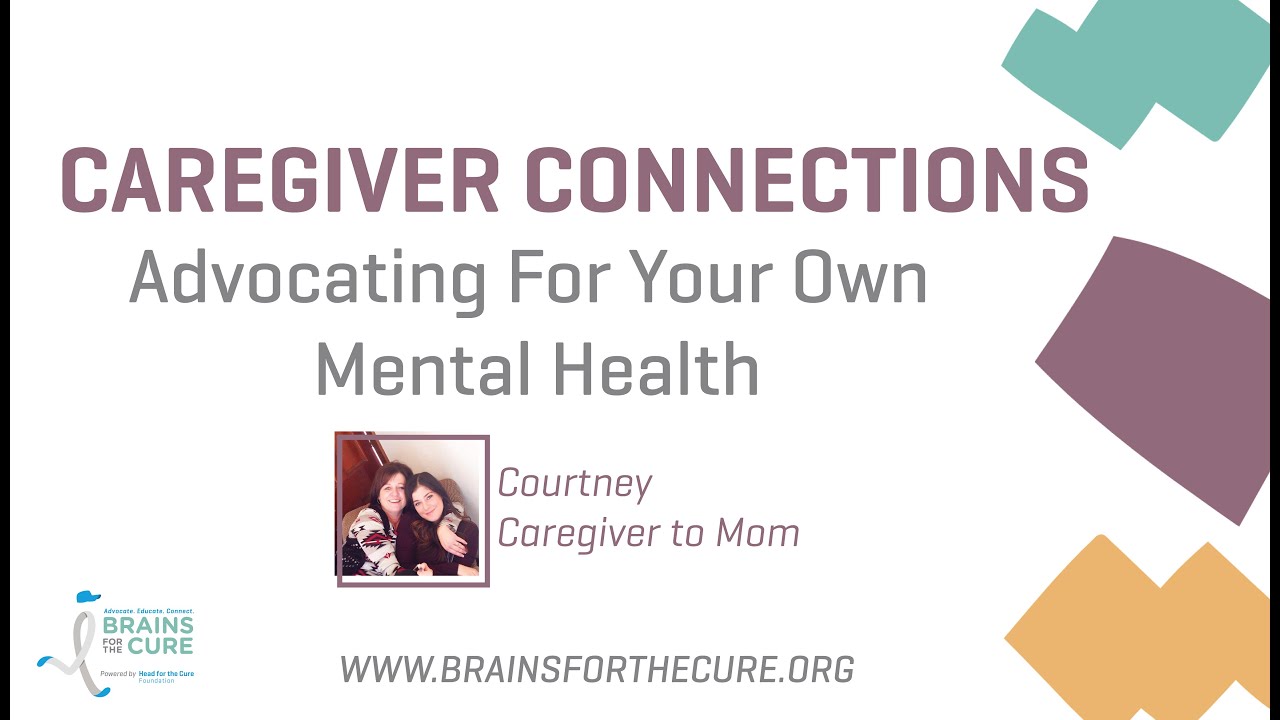Caregiver Questionnaire
E: Finding Support Groups
Emotional
Emotional - Building confidence
Emotional: Tools for the emotional journey
JPH Guide
Emotional Outlet: Digital Support
In the digital age, the power of connectivity extends beyond physical boundaries, offering a unique avenue for brain tumor patients and caregivers to find support, share experiences, and build a community. This article explores the benefits of utilizing social media, online forums, and support groups as valuable emotional outlets in the challenging journey of brain tumor diagnosis and caregiving.Social Media:Social media platforms provide an accessible space for individuals to connect, share stories, and engage in conversations. Joining relevant groups and pages dedicated to brain tumor awareness fosters a sense of community among patients and caregivers.
Read More




